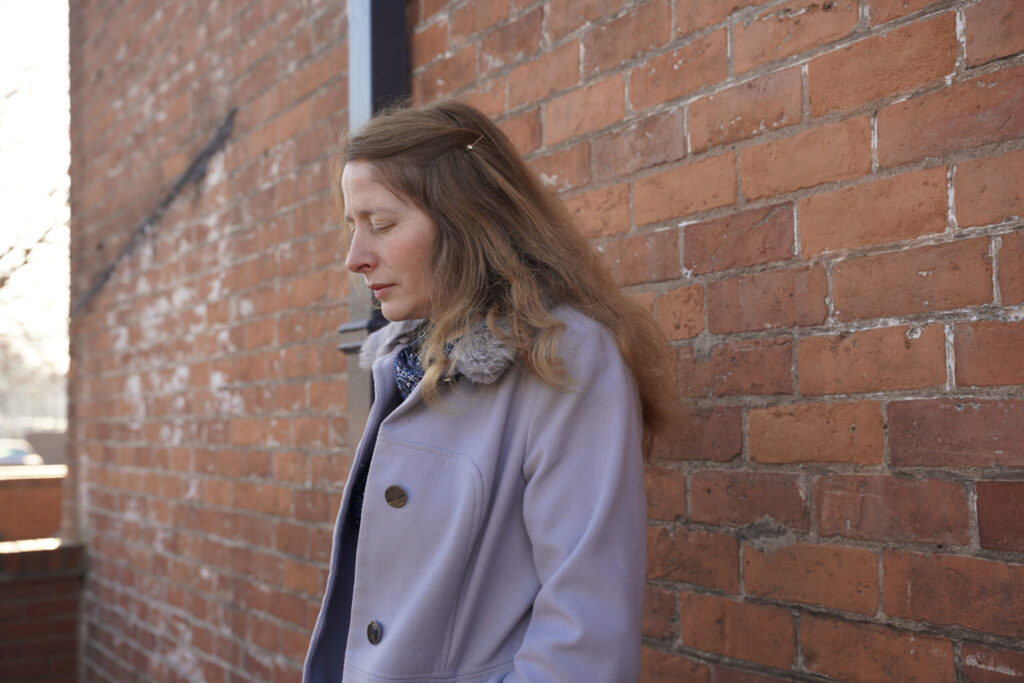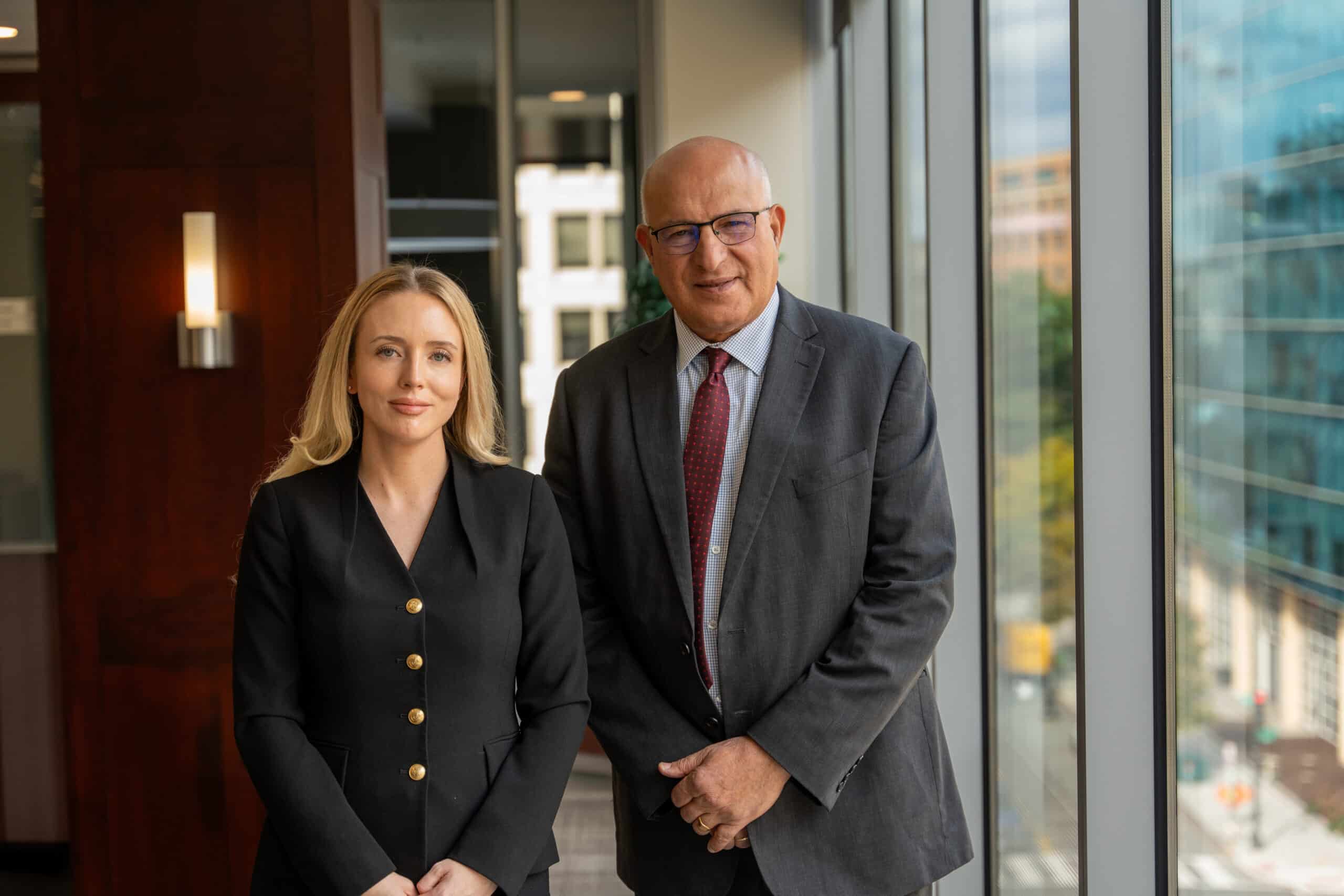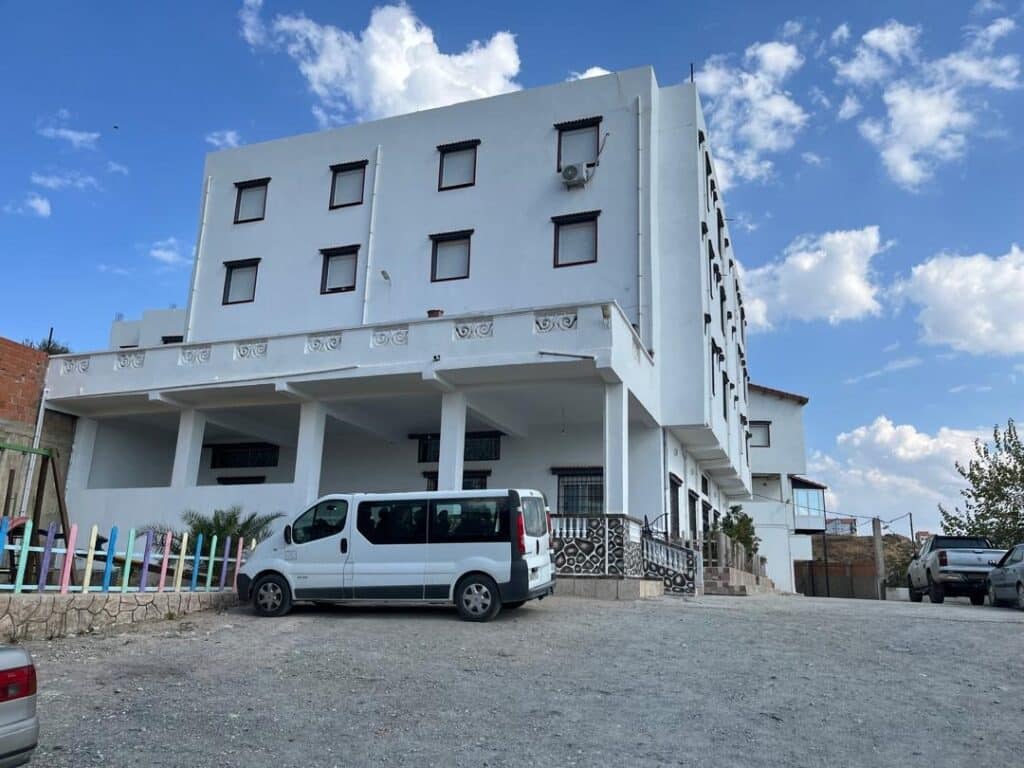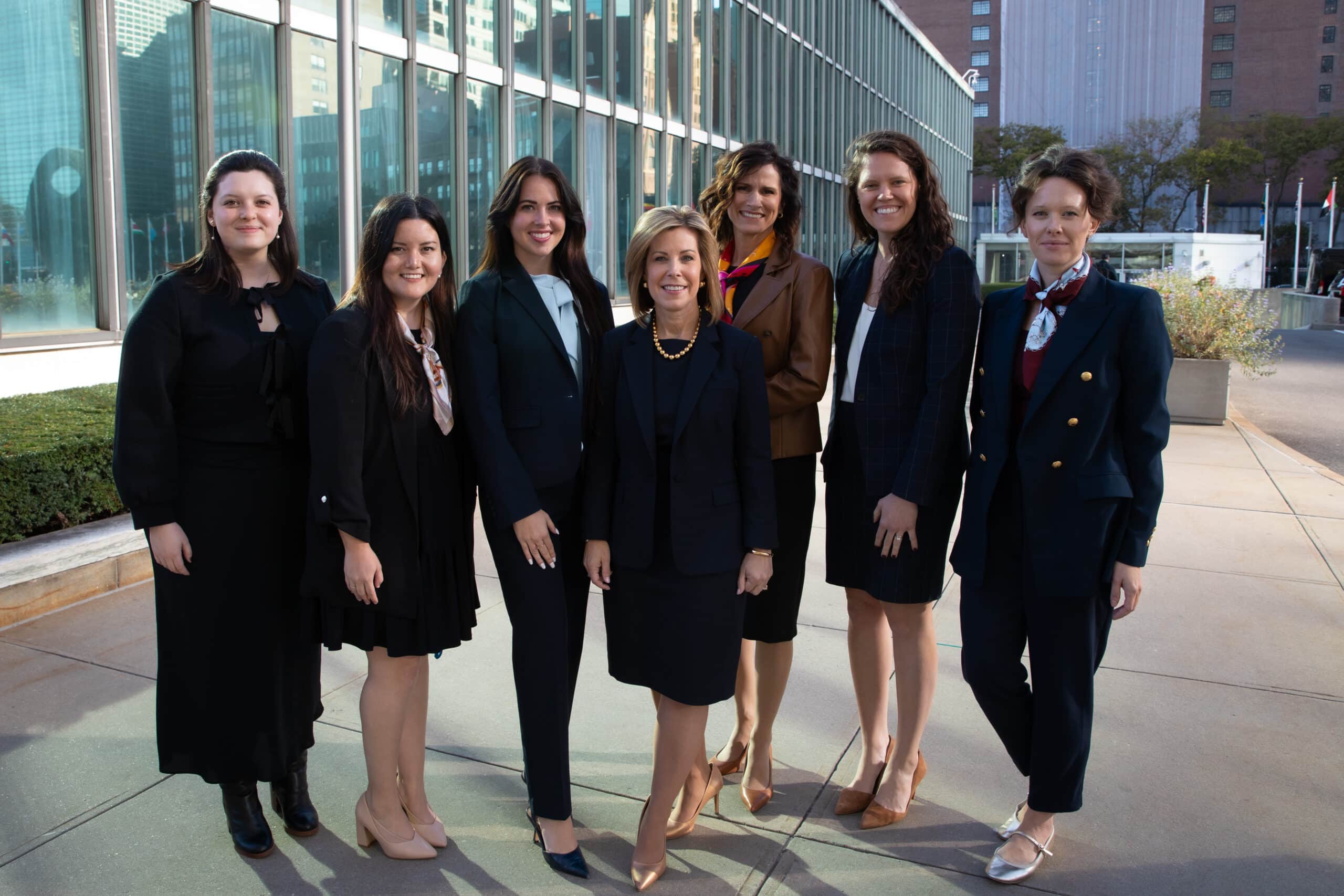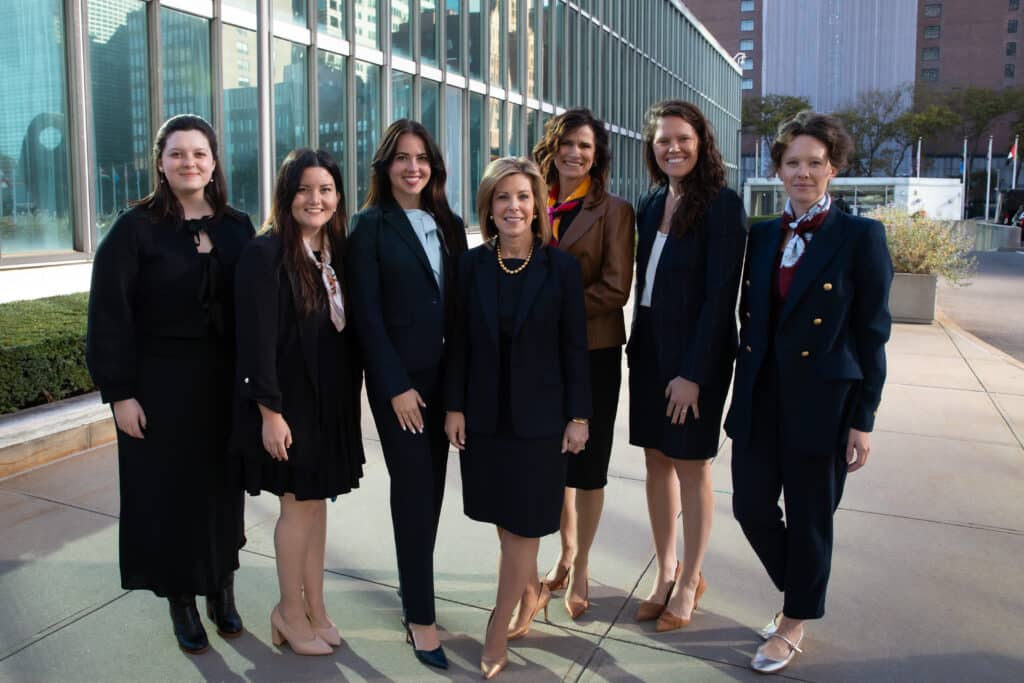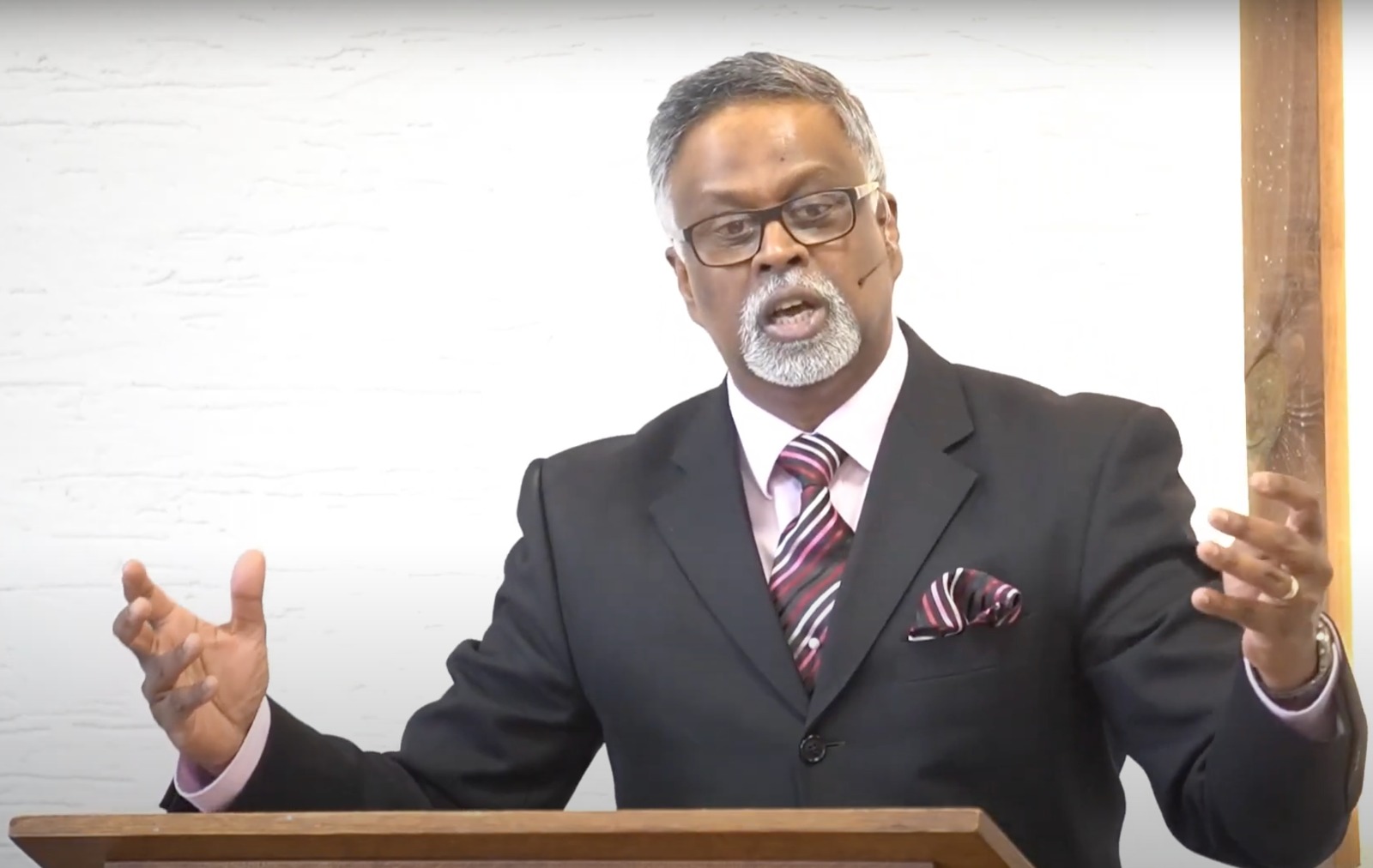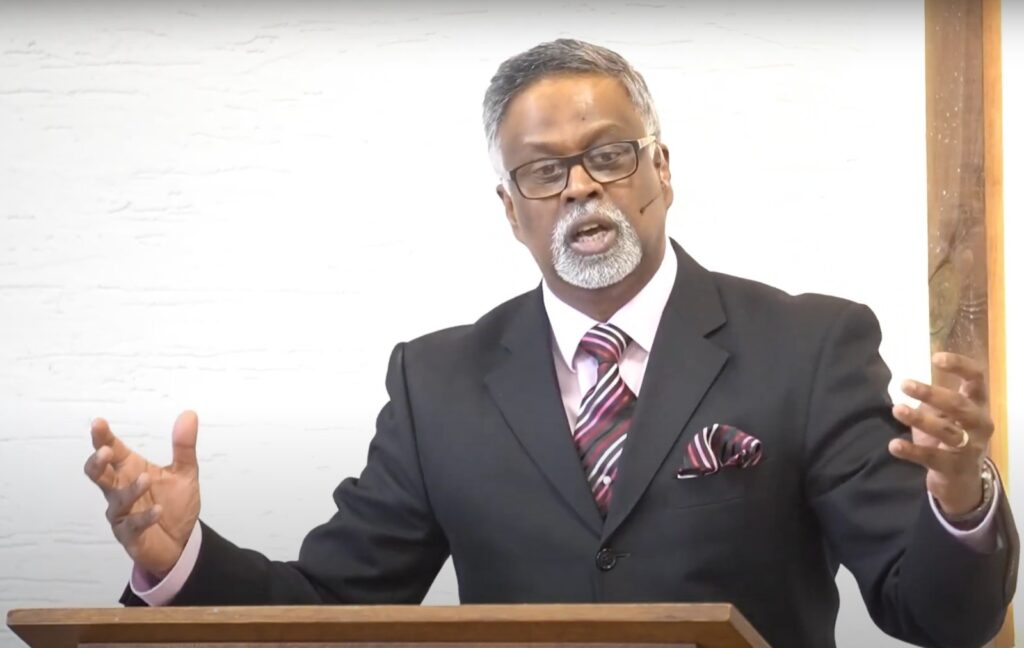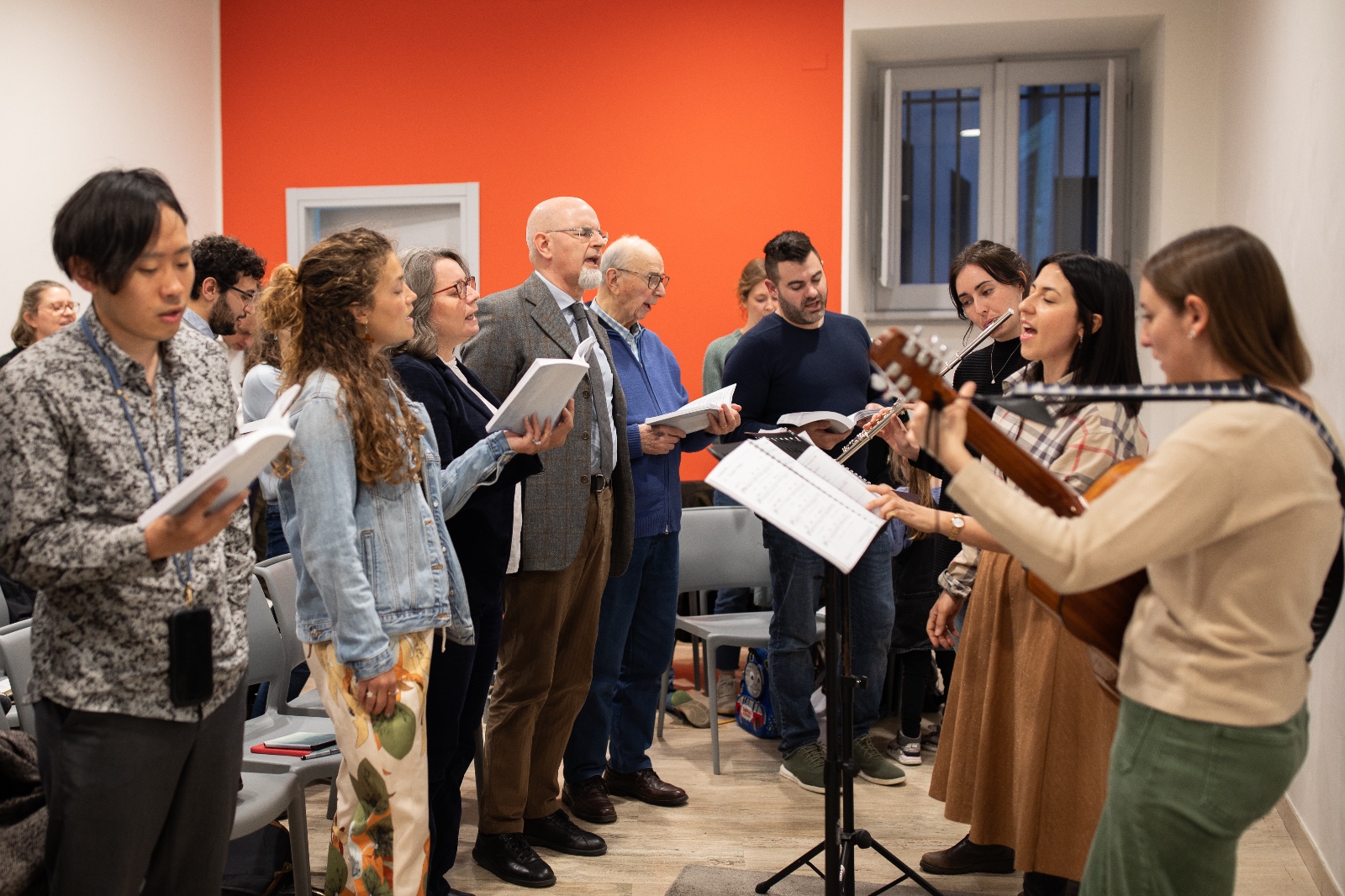- With legal support from ADF UK, Adam Smith-Connor will pursue an appeal against his conviction for praying silently in a “buffer zone”
- CPS guidance on prosecuting “buffer zone” breaches requires evidence of “overt” activity
- “Buffer zones” enacted TODAY around every abortion facility in England & Wales

LONDON (31 October 2024) – As the Crown Prosecution Service (CPS) unveils guidance clarifying that silent prayer is “not necessarily” a crime in an abortion “buffer zone”, the army veteran found “guilty” for praying silently near an abortion facility has announced today that he will pursue an appeal against his conviction, with support from ADF UK.
The guidance comes on the same day as the national rollout of a new “buffer zones” law – making it a crime to “influence a person’s decision to access…abortion services” within 150m of an abortion facility in England and Wales.
On 16th October, Bournemouth Magistrates’ Court convicted and sentenced Smith-Connor to a conditional discharge and ordered him to pay prosecution costs of £9,000.
In its decision, the court emphasised Adam’s known beliefs on abortion. The judge also noted that people may have perceived that Adam was praying because at one point his head may have been slightly bowed and his hands were clasped at his waist in an “at ease” posture.
The defence contend that Smith-Connor was not “overt” in his actions, as required by CPS guidance on prosecuting buffer zone breaches. His eyes were open and he stood in a “normal” standing position, in a public green across the road from the clinic, with his back to the entrance.
WATCH BELOW: Officers interrogate Adam as to the “nature of his prayers”:
Bournemouth, Christchurch & Poole Council charged and prosecuted Adam Smith-Connor for breaking locally-enforced “buffer zone” rules, following an interrogation by officers on “the nature of his prayers” when he stopped to pray silently for a few minutes near an abortion facility in November 2022.
You are currently viewing a placeholder content from YouTube. To access the actual content, click the button below. Please note that doing so will share data with third-party providers.
More InformationThe government simply cannot be allowed to determine the content of thoughts and prayers.
- Adam Smith-Connor, convicted for praying silently in a "buffer zone"
The ruling, issued on 16th October 2024, marked the first time in modern British history that a citizen has been criminalised on the basis of his thoughts.
Speaking about his decision to pursue an appeal, Adam Smith-Connor said:
“Surely a silent thought cannot be a crime. With support from ADF UK, I’m pursuing an appeal against my conviction. The government simply cannot be allowed to determine the content of thoughts and prayers.
“I served for 20 years in the army reserves, including a tour in Afghanistan, to protect the fundamental freedoms that this country is built upon. I continue that spirit of service as a health care professional and church volunteer. It troubles me greatly to see our freedoms eroded to the extent that thoughtcrimes are now being prosecuted in the UK.”
Public funding spent on prosecuting prayers
Controversially, Bournemouth, Christchurch & Poole Council spent over £100,000 of public funds prosecuting Smith-Connor for his silent thoughts, for a charge with a maximum penalty of £1,000. This expense – including instructing a King’s Counsel – comes despite the Council being on the brink of bankruptcy for the past year.
Commenting on the trial and the use of public funds ahead of the verdict, politician Miriam Cates said:
“This isn’t 1984, but 2024 – nobody should be on trial for the mere thoughts they hold in their mind. It’s outrageous that the local council are pouring taxpayer funding into prosecuting a thoughtcrime, at a time where resources are stretched thin. Buffer zone regulation are disproportionately wide, leaving innocent people vulnerable to prosecution merely for offering help, or simply holding their own beliefs.”
Buffer zones installed nationwide
Today, the UK government have enforced “buffer zones” around every abortion facility in England and Wales – banning “influencing” someone’s decision to access abortion services within 150m of the building.
ADF UK has warned that the vague wording of the legislation could lead to more prosecutions over thoughts, or consensual conversations between adults.
In March 2023, Parliament voted down an amendment to explicitly protect silent prayer, leaving the wording of the law vague as to which activities might be construed as “influencing”. Today’s guidance from CPS confirms former Home Secretary Suella Braverman’s views that “silent prayer, within itself, is not unlawful.”
Speaking about the new law and accompanying CPS Guidance, enforced under the Public Order Act 2023, ADF UK Legal Counsel Jeremiah Igunnubole said:
“We are glad that the CPS has confirmed that silent prayer is not necessarily a criminal offence and that there must be evidence of overt activity. This is commonsense and consistent with the absolute right to freedom of thought protected under domestic and international law. Previous Home Secretaries and the magistrates’ court have repeatedly concluded that silent prayer, within itself, cannot constitute a criminal offence. Now that CPS guidance has recognized the same, it is incumbent on police officers and local authorities to refrain from ideological and discriminatory interpretations which seek to criminalise prayer itself rather than overt conduct amounting to harassment and intimidation.
“It’s for this reason that we are glad to support Adam as he pursues an appeal of his conviction for praying silently without engaging anyone or being obtrusive in any way. This is a watershed moment for British freedoms, and one the public must not take lightly. A failure to protect thought and peaceful conduct anywhere creates a threat to these rights everywhere. Buffer zones or otherwise, we should uncompromisingly safeguard the rights on which our democracy is based.”
Images for free use in print or online in relation to this story only
Pictured: Jeremiah Igunnubole, legal counsel for ADF UK; Adam Smith-Connor





